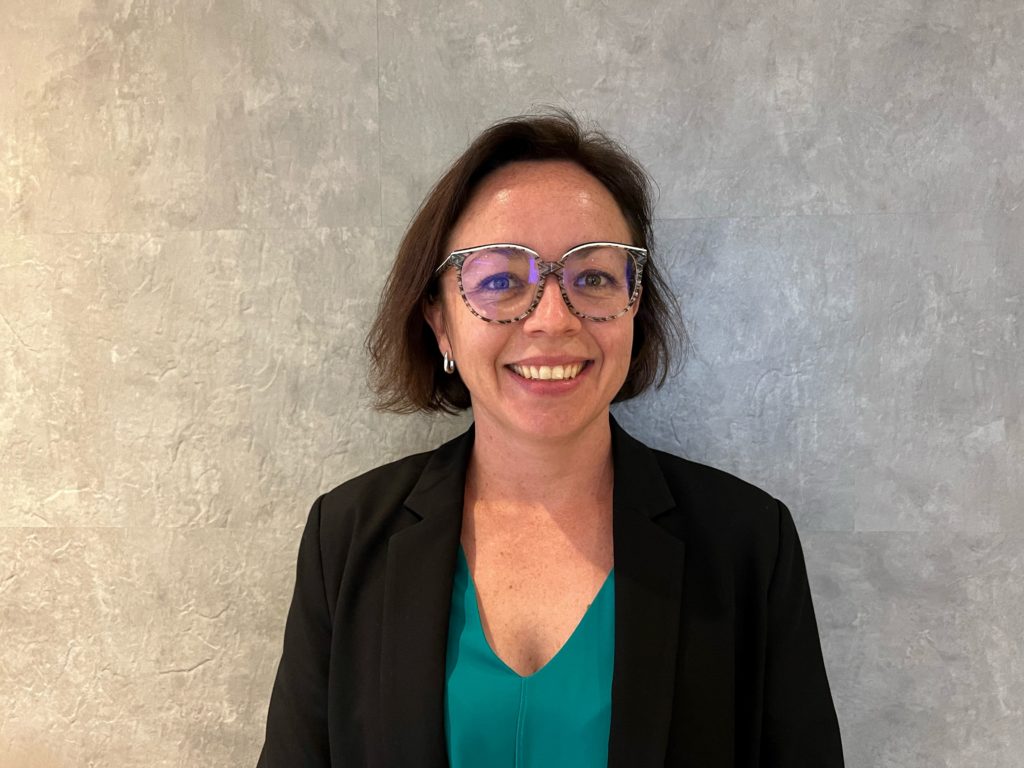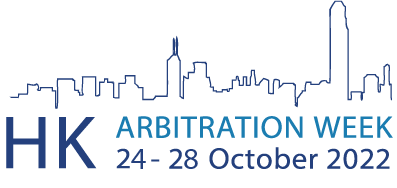The Hong Kong Arbitration Week is just around the corner, and we caught up with Secretary General Dr Mariel Dimsey to find out more about what attendees can expect from this year’s event.

Conventus Law : Congratulations on your appointment as the new Secretary-General of Hong Kong International Arbitration Centre. Can you tell us more about this year’s event and what delegates can expect?
Mariel Dimsey: So we’ve got a packed schedule. We’ve got over 25 individual events, some of which still will be hybrid because of speakers and others who cannot be in Hong Kong for various reasons. But we’re really trying to switch the focus so that people can participate in person wherever possible. We’ve got quite a few diverse topics up this year a lot about the metaverse, and a lot about crypto disputes. We’ve got an ESG focus, we’ve got a focus on virtual hearings and those kinds of topics coming out of the pandemic. And of course, we’ve got our flagship conference, which is the ADR and Asia Conference on Wednesday, which we’re very much looking forward to as well. So it’ll be a packed week, and we’re very, very happy that more events can be in person this year.
CL: Please tell us more about this year’s flagship event “ADR In Asia – The Future Is Here”
MD: We’ve got a very interesting program for that afternoon. We have speeches from both of our co-chairs of the HKIAC, David Rivkin and Rimsky Yuen. We also have remarks from Lord Neuberger. And we have three panels on very topical issues.
There will be a panel on Outcome Related Fee Structures for Arbitration (ORFSA), which has been the subject of a Law Reform Commission’s study over the last couple of years. Several panelists present are actually involved in the committee, so we’re very happy to have them.
We’ve also got a panel on cryptocurrency disputes, which is an area of growing interest both in Asia and the HKIAC specifically as an organization.
We also have an ESG panel, which will be very, very interesting as well, particularly considering all the initiatives that HKIAC itself is involved in and has been promoting for Arbitration Week for a number of years.
Attendees can also expect to see contributions from HK45 and we have a survey being launched (Deciphering Decision-making In Arbitrator Selection). So it will be a very packed afternoon, and we’re looking forward to it.
CL: There is a session on the China International Commercial Court and Arbitration. Can you tell us more about that?
MD: In a nutshell, basically there are two aspects that are relevant for HKIAC as an institution. First of all, we have an additional mechanism to obtain interim relief. We also have the interim measures arrangement, which is being used frequently. We’ve had 82 applications so far, and this basically provides the same kind of mechanism for cases that have a significant impact or are above a certain monetary threshold. So we already have that mechanism. But the advantage is that we then get directly to the CICC, which of course is more time and cost-efficient for a number of reasons.
The second aspect is the enforcement arrangement, which also already exists between Hong Kong and the Mainland. But now, of course, with this arrangement with the CICC, provided that cases satisfy the requirement, you can go straight to the CICC, which effectively bypasses the lower courts, which is what you would normally do if you didn’t have this additional arrangement that’s just been introduced. So that’s another hopefully attractive option for the parties so that they can have the direct support of an upper court rather than having to go through the intermediate courts first.
So that’s the implication for parties, which we hope will enhance their experience with HKIAC arbitration.
CL: How has the HKIAC embraced technology since the pandemic?
MD: Credit to my predecessor and the IT team who react quickly to the challenges COVID brought to the industry. Everyone took a breath and was trying to work out what to do but what the HKIAC did was actually immediately react and update their virtual hearing offering.
This includes very mundane things like increasing the internet connection but also included getting more screens, making sure that you have adequate resources in the hearing room so that you can for example see the transcript coming up on one screen while the witness is being examined on another, and having used the hybrid hearing facility so we had partial counsel in the room and most people dialing in.
As an arbitrator in my previous life, I can say that the offering here is really top-notch and even many institutions in Europe and further abroad can’t compete with what the HKIAC is offering at the moment. This is something we’re very proud of and we do think that the virtual hearing offering will stay in some way after the pandemic.
Having said that, of course we’re very much looking forward to getting back to in-person hearings but if people do want to do virtual hearings, we’ve got excellent technology, here to be able to put that on even past the end of the pandemic. So hopefully that will be something that will continue to be used.
CL: During an interview, you said: “Someone once compared being a dispute lawyer to selling coffins – no one wants to think about them… But here’s the challenge: how do you remain at the top of the client’s mind when a dispute arises?”: What advice would you give future dispute lawyers as Secretary General of the HKIAC?
MD: I think for disputes lawyers generally, the biggest challenge is remaining, as I said, remaining at the forefront of a client’s mind. No one wants to think about a dispute, but the minute they do have a dispute, you want them to think of you.
So you really need to is to have an ongoing effort in many ways. You need to be giving seminars, you need to be staying in contact with clients and connections even when they don’t have disputes, that they come to you when they do.
I think as an institution, this applies in a slightly different way. Of course, we want HKIAC clauses to be continued, and to be included in contracts. Part of ensuring that that happens is to make sure we’re on everyone’s radar.
So we need to make our messaging consistent and frequent. We need to be reaching out to users, reaching out to law firms. We need to be doing the whole BD initiative.
You’re not looking for quick results. You’re looking for a long-term frequency, I guess, whereby people will think of the HKIAC when they want to have an arbitration or they’re negotiating a contract so that they get the clauses included, and the users are thinking of HKIAC as opposed to other institutions when they have to decide on a dispute resolution clause in their contract negotiations.
CL: Tell us about HK Arbitration Week’s support of the Hong Kong Legal Walk.
MD: After four days of discussing dispute resolution options, I personally think that’s a great change on Friday to have an opportunity to go out. We’re actually participating on Friday morning. I think it’s a great opportunity to go out and have a walk in the fresh air, which is something we as legal practitioners do far too rarely.
There’s been a concerted effort to actually reach out to charities that are Hong Kong based, helping Hong Kongers, and people based in Hong Kong. So I really think this is a great community initiative. You get to meet people, you get to have a chat, and you get to talk about things not related to dispute resolution.
So I’d encourage everyone to get out on Friday morning and join us. And we hope it will be a wonderful event with lots of money raised for charities.


